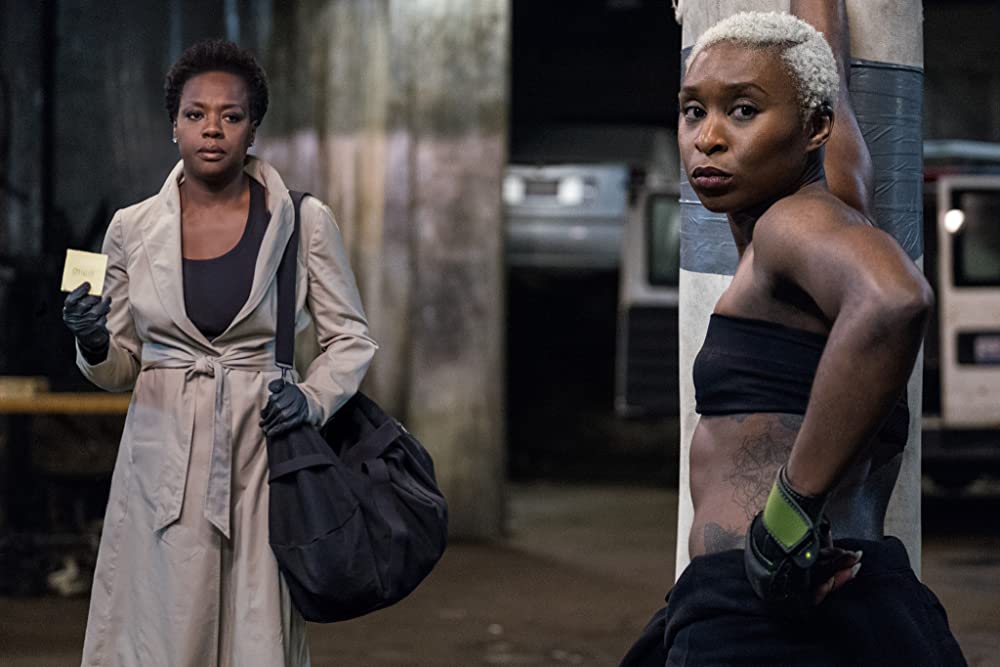It’s Women’s History Month all over the world right now, and here at Film & TV, we’ve been putting together some of our favourite picks when it comes to female empowerment on screen.
While representation on screen is still far from perfect, the journey so far has been fascinating – and with Chloe Zhao being named the first Asian director to win a Golden Globe for her feature Nomadland (2020), and her being only the second woman to win this award, it’s clear that while things are improving, there is still much work to be done.
With that being said, enjoy our picks.
Widows (2015), dir. Steve McQueen
Maddy Raven, Film & TV Editor
Steve McQueen's female-fronted heist movie is Ocean's 8's (2018) bigger, better older sister. Helmed by Viola Davis, it tells the story of Veronica, who comes into contact with three other women. What do they have in common? Only that all four of their husbands and partners were killed in a botched bank robbery. Left destitute, the four women decide to embark on a bigger, better heist, against the backdrop of Chicago politics.
Victoria Debicki, Michelle Rodriguez and Cynthia Erivo join Davis on screen, and each give fantastic performances – Debicki reprises her well-known role as a wife who wishes her husband dead and then, mysteriously gets what she wants. The script was also written by Gillian Flynn, the author who penned the iconic “Cool Girl” speech from her own novel and screenplay, Gone Girl (2015).
This film is criminally underrated, and worth a watch.
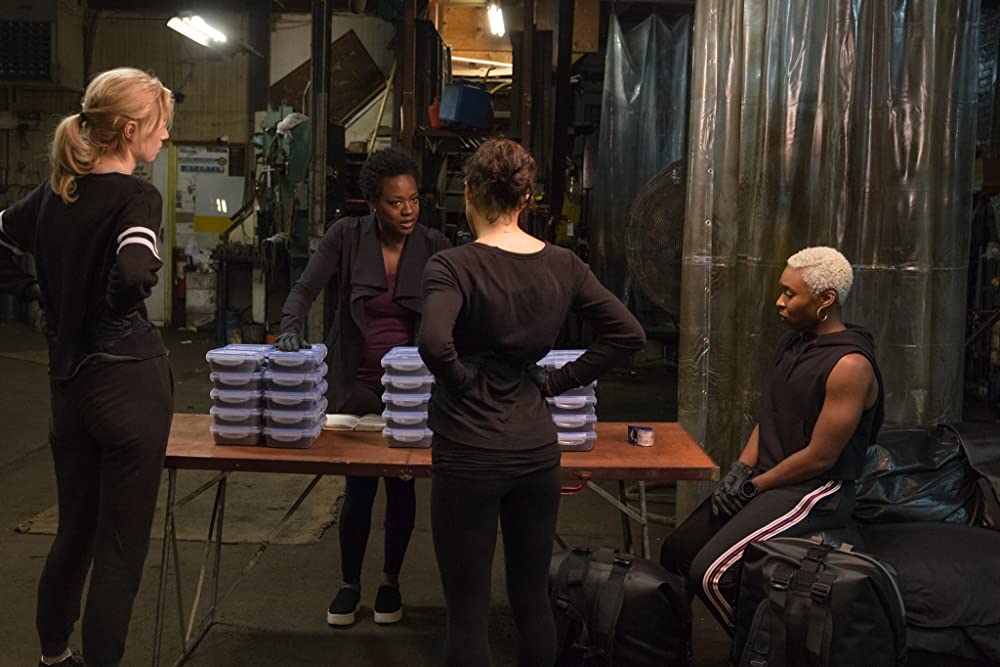
Two of Us (2019), dir. Filippo Meneghetti
Katya Spiers, Digital Editor
With acclaimed films like Ammonite (2020), Portrait of a Lady on Fire (2020) and The Favourite (2018), you’d be forgiven for thinking that the ticket to getting a lesbian film made is with a series of costume-clad seaside sex scenes.
Fortunately, if you feel like you’ve seen one too many corsets lately, Filippo Meneghetti’s electrically-charged debut feature Two Of Us is a wholly original, contemporary take on the genre.
Half romance, half psychological thriller, Two Of Us tells the often agonising story of Mado and Nina (Martine Chevallier and Barbara Sukowa), two 70-something women in a decades-long secret love affair. When Mado has a stroke and loses the ability to speak, Nina is shut out of her life, rejected by Mado's family as no more than a nosy neighbour. As women of an age all too often resigned to placid weakness, Mado and Nina’s passionate relationship stands up to any of the conventionally attractive, young women that tend to characterise most lesbian films (and most other films, for that matter). With chemistry so palpable and circumstances so torturous, Two Of Us is an intense portrayal of how enduring love can provide the strength to communicate, even when physical ability is denied.
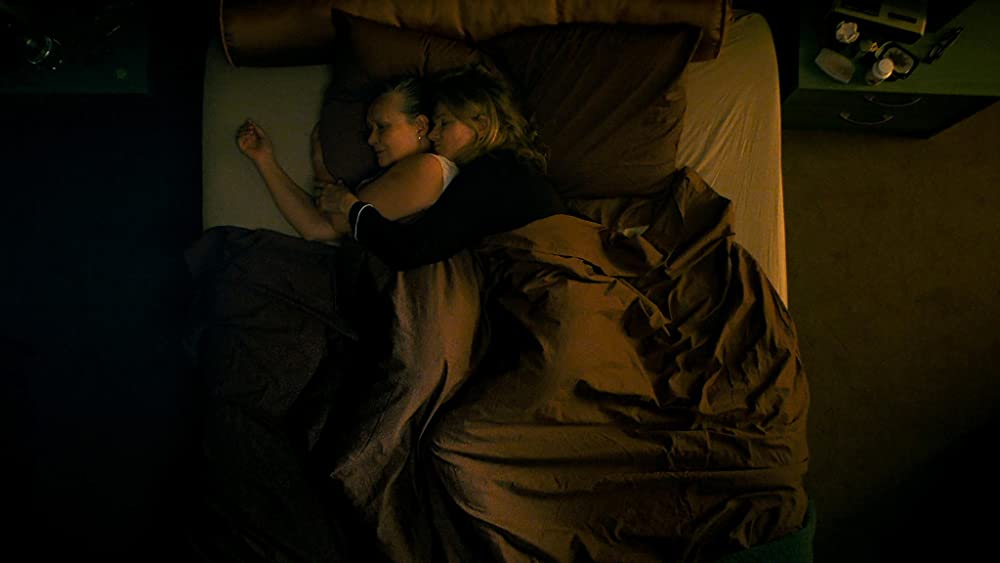
Buffy the Vampire Slayer (1997-2003), created by Joss Whedon
Sam Vickers, Deputy Editor
Buffy The Vampire Slayer is widely held up as a landmark piece of feminist culture, for its subversive take on the victimisation of women in the horror genre. Buffy Summers is a sixteen-year-old cheerleader and high school student who finds herself fated to prevent countless world-ending scenarios.
This sense of vocation and obligation resonated powerfully with feminist thinkers at the time, many of whom felt similarly bound to their social struggle. Buffy resembles the slight, blonde girl who would typically die first in a horror film but completely subverts this role with her supernatural strength and kung-fu ability. Arguably the most engaging feminist plot point is how Buffy becomes more autocratic and isolated once she is recognised as a powerful woman and the series works hard to highlight how strong, female characters can become villainised for their ability.
Buffy is a crucially important third-wave feminist hero, but the show does well to explore a wealth of other questions in its wider cast, notably depicting a tender lesbian relationship without fetishising it, and including one of the first on screen queer woman kisses.
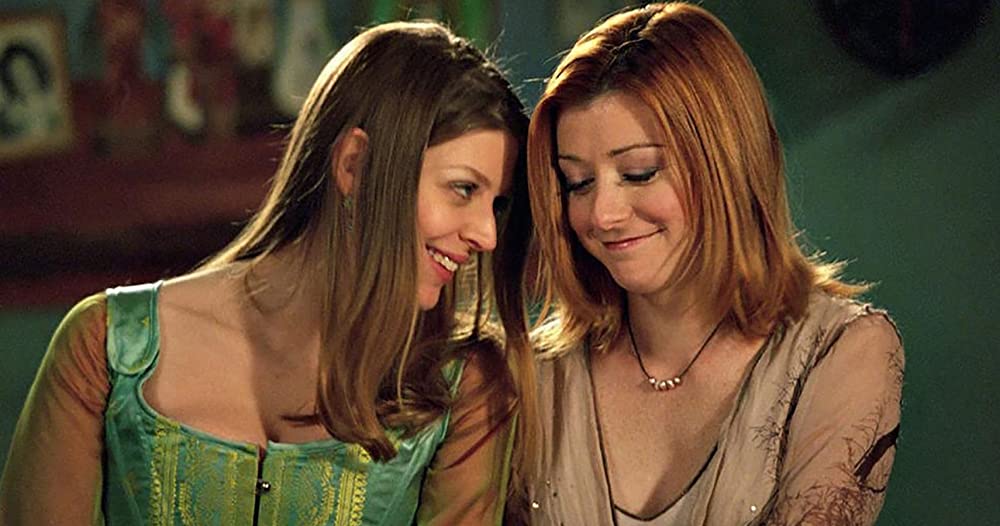
Derry Girls (2018-), created by Lisa McGee
Layla Nathan, Sub-Editor
Coming of age dramas are rarely done with as much honesty, humanity and hilarity as Derry Girls.
The show cleverly captures the time just before womanhood, where everything is both very important but also very difficult and awkward, in the setting of 1990s Northern Ireland. The troubles of the IRA take a backseat to the life of four girls and their English friend as they rampage through girlhood and all the hapless confusion that it brings about.
Derry Girls is a comedy about women without women being the butt of the joke. Written by a Derry girl herself, Lisa McGee, the show has received critical acclaim with an 98% score on Rotten Tomatoes and won multiple awards including the British Screenwriters Award. Fans of the show should look out for season three which is expected (but not confirmed) to be released in 2021.
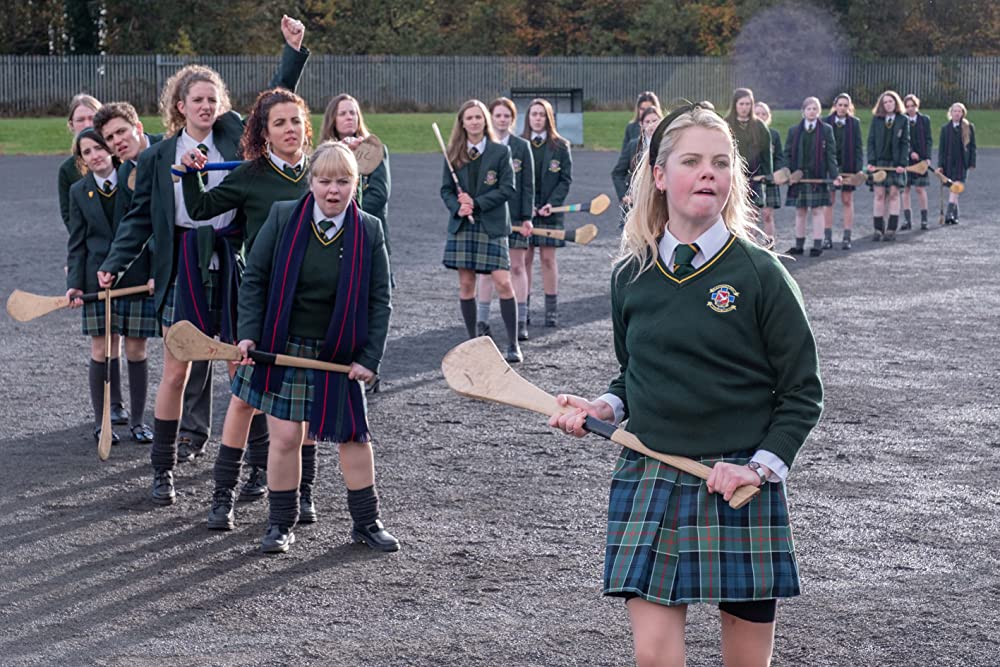
Featured: IMDb, Merrick Morton / Twentieth Century Fox Film Corporation
What are your Women's History Month recommendations?

